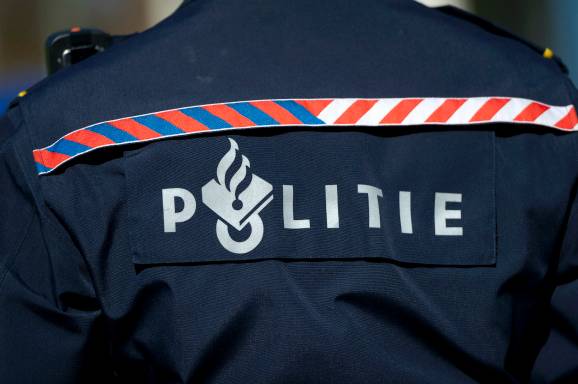Bunnik – Up to now, forensic experts at the Korporaal van Oudheusdenkazerne in Hilversum have identified 23 bodies of the victims of disaster flight MH17. An identification is possible with 176 ‘files of more or less complete bodies’. The experts hope to still be able to make as many identifications as possible with 527 files only describing a part of a body.
These are the numbers of the aftermath of the disaster with Malaysia Airlines’ flight MH17. Team leader Arie de Bruijn from the Police National Forensic Investigation Team disclosed these numbers today, Friday 8 August, at a press interview in Bunnik. He did not want to speculate on the the number of identifications that can still be retrieved from the 527 files.
In Hilversum, information which enables an identification is known about all 298 victims. ‘with special thanks to all colleagues and family detectives who made this possible,’ De Bruijn said.
Maximum deployment
In the barracks in Hilversum, 43 people are still working on the identification process. They are from New Zealand, Great Britain, Malaysia, Indonesia, the US, Canada and the Netherlands. It concerns polices officers, dentists, DNA experts and fingerprint experts. Until last Monday, in just over two weeks a description was made and a post-mortem examination was performed on all (parts of) bodies in the 228 coffins that were flown to the Netherlands from the Ukraine.
Although, under such circumstances, a maximum deployment of 14 days is normal for an expert, the international experts in Hilversum opted to stay a little longer, in order for them to finish the post-mortem examinations together. Meanwhile in Hilversum, everything will be kept ready to immediately continue the process of the post-mortem examination, if necessary.
First results
Till now the identifications were carried out by means of fingerprints (2) and dental status (21), according to De Bruijn it is now time for the first results of the DNA-research from the Netherlands Forensic institute (NFI) to arrive. De Bruijn: ‘Matches can then me made much quicker.’
In the first two weeks, every day 70 experts were working on the post-mortem examinations and in addition 100 experts were performing supporting tasks, according to De Bruijn. He expressed his gratitude for the work carried out by military personnel, another 100 people. Because of their excellent help, we are able to properly do our jobs, said De Bruijn. And he called the cooperation with the international colleagues ‘outstanding’.
According to De Bruijn the experts were working in protective clothing with masks with filter canisters. ‘This was needed because of the high concentration of formalin, a conservative for bodies that was used in the Ukraine.’ According to De Bruijn ‘working with this mask all day wasn’t comfortable and the verbal communication between colleagues was hindered because of it’.
Stressful
To the question whether the tasks are emotionally stressful for De Bruijn and his colleagues, the experienced police officer answered; Of course. We are all professionals, but above all we are humans. Our drive is to be able to give a name to a body. The latter is such a rewarding task that it eases the difficult moments.’
The colleagues in Hilversum did not only support each other with conversations, which according to De Bruijn is ‘a first and solid base for dealing with feelings’, but they were also supported by a team of spiritual counsellors. ‘After this operation, regular social work of the organisations for which we work will support us.’
Goods
De Bruijn said that the goods that were collected in the Ukraine will be stored if they can contribute to identification. Eventually, or as soon as possible, the goods will be handed over to the next of kin, together with the body.
De Bruijn asked people not to make any unjust speculations on the work in Hilversum to the media. ‘This will raise doubts for the next of kin, which will intensify the sorrow. From the moment of identification, it is completely up to the next of kin to decide what should happen to the bodies and any necessary belongings. We are completely open and honest.’

